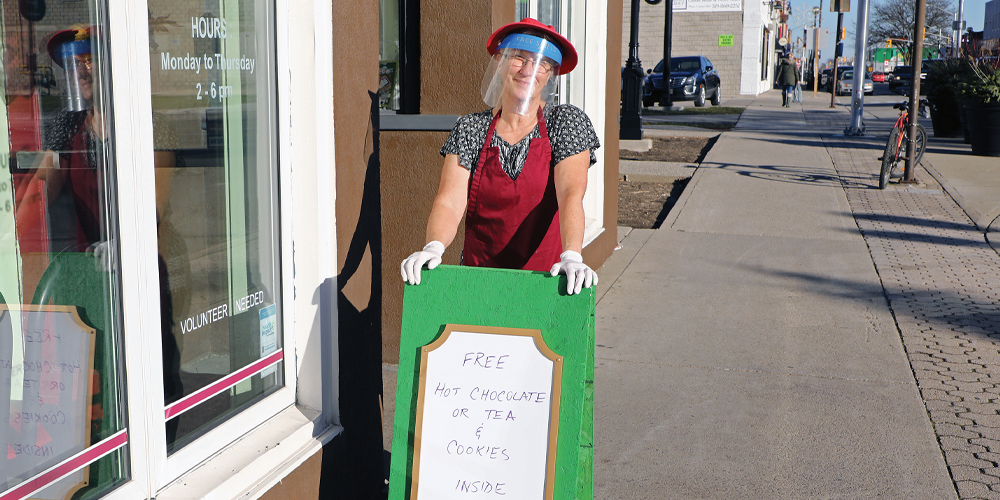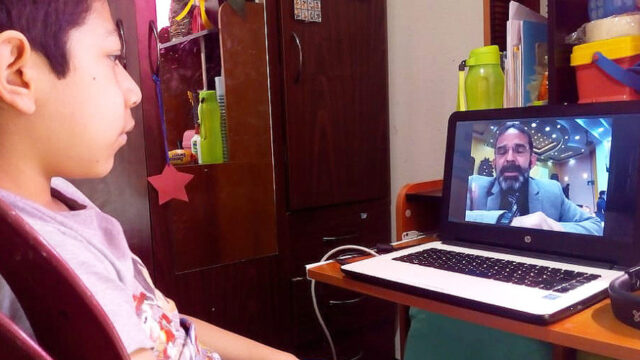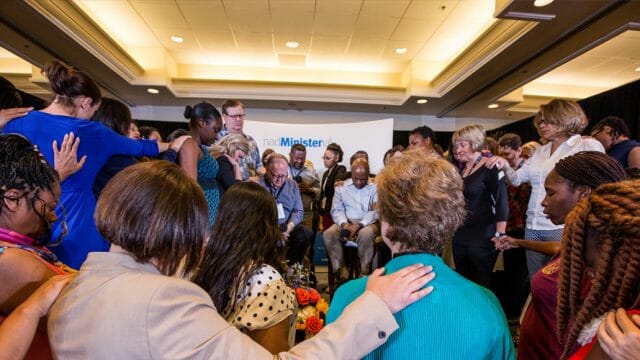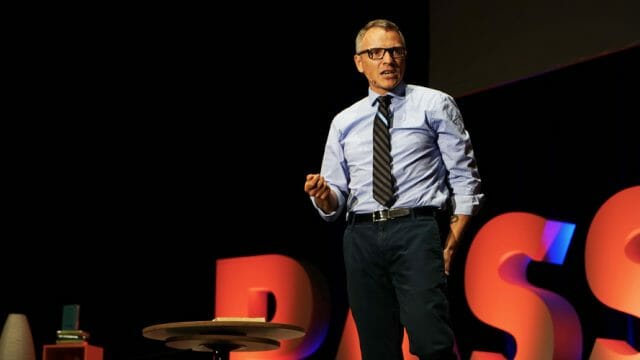In Canada, initiative helps those recovering from addictions to think past their struggles.

The inspiration came five years ago from a woman in recovery. While attending a local community services meal in St. Thomas, Ontario, Canada, the woman asked Debbie Boskovic, a volunteer, if she knew of any place where she could bake. “When you’re an addict, all you think about is yourself. But now that I’m in recovery, I want to give back,” the woman said.
With those words, an idea took root in Boskovic’s heart. She imagined a place where anyone, especially people battling homelessness and addiction, could come to volunteer and give back to the community. Boskovic was persuaded that when people contribute meaningfully to the well-being of others, their own lives are changed for the better.
“Most of the time, these people are on the receiving end of help. There is no mechanism by which they can give back to others. Always receiving and never giving diminishes a person’s sense of dignity and worth,” Boskovic said.
“Before COVID-19 hit, a thought came to my head. It was, ‘You need to start this by September 2021.’ That thought came with the absolute assurance that I was going to do this, that it was going to work,” she said. The time was finally right, and God’s hand moved in many ways to create Giving Back St. Thomas, the ministry and facility that Boskovic envisioned five years ago.
ADRA Canada supports Giving Back through its Canadian programs. This programming partners with churches and ministries across the country to reach those in need.
At Giving Back, volunteers have options for getting involved. With a certified commercial kitchen, they can bake treats for the local food banks and shelters. There is also a steady supply of cookies available for drop-ins to the facility. A sewing ministry creates beautiful quilts for children through the Children’s Aid Society, which volunteers are welcome to join. Finally, there is a handyman ministry where a team responds to local requests for help with small home repairs.
Three months into the ministry, Boskovic and her team are slowly getting to know the street community. This population is particularly wary, so earning trust takes time. But Boskovic is already seeing signs of acceptance. A few volunteers from the street have helped in the kitchen and with the sewing. Boskovic said she is hopeful that with time, these volunteers will feel safe enough to come regularly.
Boskovic explained that individuals with a substance use disorder lose “the ability to enjoy things. They need the drugs to feel anything.” But she has boundless confidence in God’s ability to save and transform. “Imagine if by giving back, by helping others, which we know releases feel-good hormones, it could bypass some of those addictive pathways.”
“The people are the most important part of what we’re doing,” she added. “The baking, the sewing, and handyman jobs are just the channels through which we can develop relationships, serve our community, and reveal the beautiful character of Christ to those who need to know Him. So, let us smile and laugh a lot, show an interest in them, and listen with the love of Christ. We are not called to ‘fix’ them; only Jesus can do that. He just wants to love them through us, and He will do the rest.”
The original version of this story was posted in the February 2022 issue of the Canadian Adventist Messenger.








